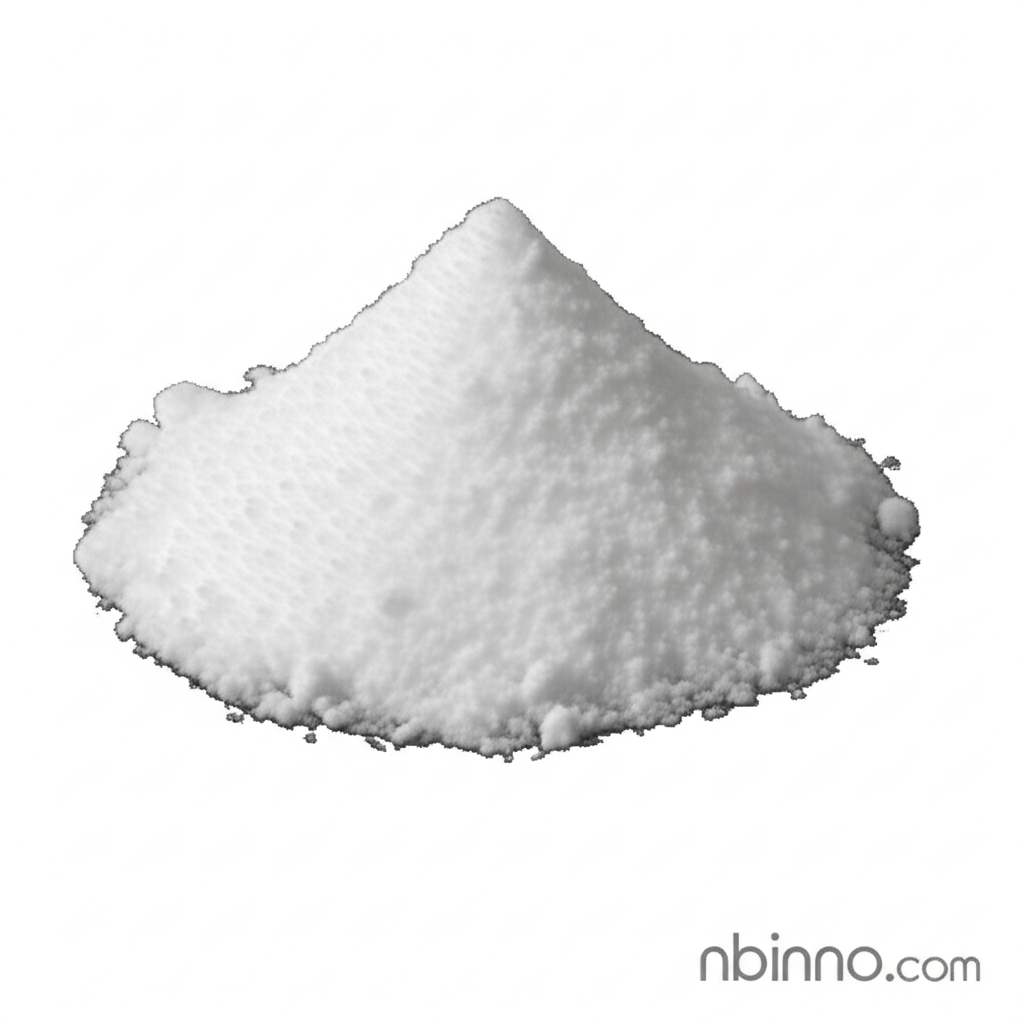Potent Protein Kinase Inhibitor: Exploring the Applications and Benefits of Staurosporine
Discover the multifaceted role of Staurosporine in cellular research and its potential in advancing therapeutic strategies.
Get a Quote & SampleProduct Core Value

Staurosporine
Staurosporine (CAS 62996-74-1) is a highly valued biochemical compound renowned for its potent protein kinase inhibitory activity. This natural product, originally isolated from Streptomyces staurosporeus, acts as a powerful tool in cellular research, particularly in the study of apoptosis and the intricate mechanisms of cell signaling pathways. Its ability to inhibit a broad spectrum of kinases makes it indispensable for researchers investigating various biological processes.
- Potent Protein Kinase Inhibition: Staurosporine exhibits broad-spectrum inhibition of numerous protein kinases, including PKC, PKA, and others, making it a crucial reagent for understanding cell signaling pathways.
- Induces Apoptosis: This compound is a potent inducer of apoptosis in many cell types, which is critical for cancer research and exploring new therapeutic avenues.
- Drug Discovery Potential: Its diverse biological activities and inhibitory effects position Staurosporine as a significant molecule in drug discovery, particularly for potential anticancer treatments.
- Research Applications: As a key biochemical tool, Staurosporine is widely used in laboratory settings to investigate cellular mechanisms and disease pathways, aiding in the development of novel therapies.
Key Advantages
Mechanism of Action
Staurosporine's primary advantage lies in its potent, ATP-competitive inhibition of a wide array of protein kinases, effectively disrupting cellular signaling cascades and providing researchers with a means to study these pathways in detail, contributing to advances in understanding cell signaling pathways.
Therapeutic Research Focus
The compound's ability to reliably induce apoptosis makes it a critical reagent in oncology research, offering insights into cancer cell death mechanisms and serving as a benchmark for developing new anticancer therapeutic strategies.
Versatile Research Tool
As a well-characterized natural product, Staurosporine serves as an invaluable biochemical tool for a wide range of research applications, from basic science to preclinical studies in drug discovery.
Key Applications
Protein Kinase Inhibition
Staurosporine is extensively used to inhibit various protein kinases, providing critical data for researchers studying cellular processes and disease pathology, aiding in understanding cell signaling pathways.
Apoptosis Studies
Its role in inducing apoptosis makes it a vital compound for experiments designed to understand programmed cell death, crucial for cancer research and the development of apoptosis-inducing therapies.
Drug Discovery and Development
The compound's unique properties and biological activities make it a foundational element in drug discovery pipelines, particularly in the search for novel anticancer agents.
Biochemical Research Tool
As a high-quality biochemical reagent, Staurosporine is employed in numerous laboratory settings to elucidate complex biological mechanisms and validate targets in pharmaceutical research.
